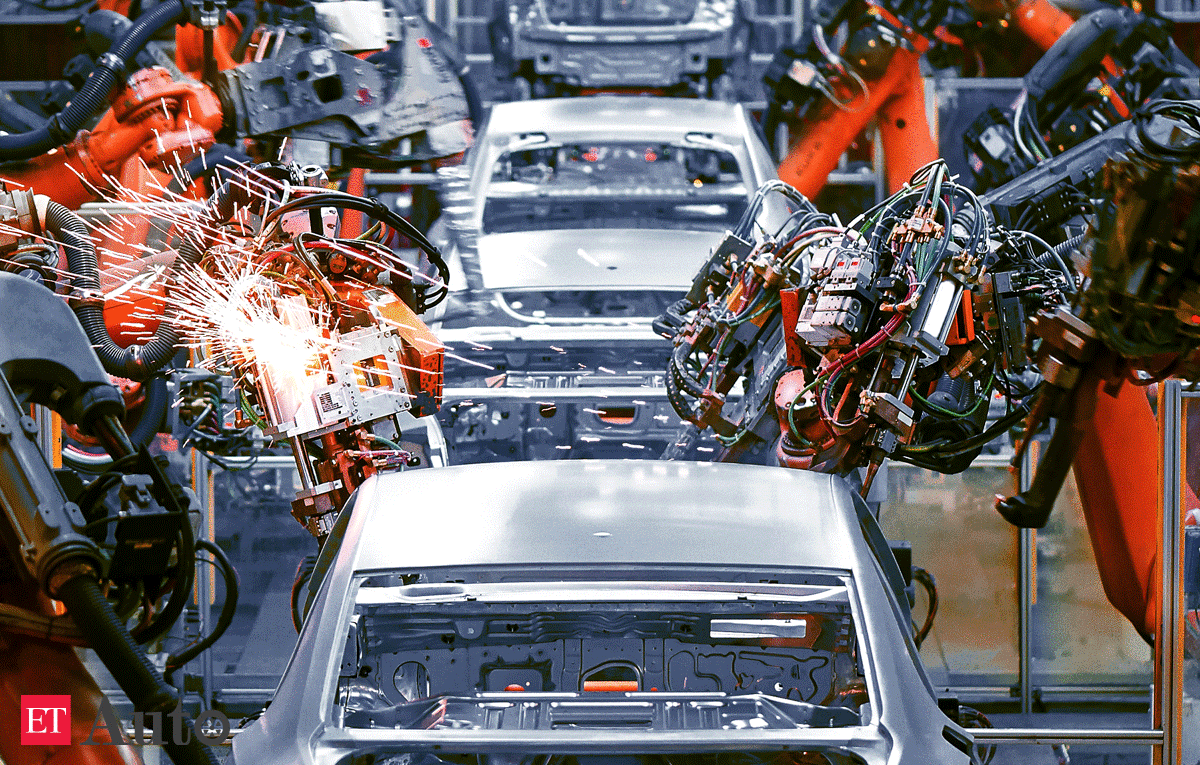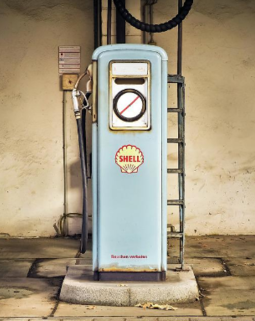Unveiling the Dynamics of Auto Imports in Burundi
The automotive industry in Burundi is a complex and evolving sector, heavily reliant on imports to meet the nation's transportation needs. Understanding the dynamics of auto imports is essential for stakeholders, including consumers, businesses, and policymakers. This article explores the key factors shaping Burundi's auto import market, the challenges faced, and the opportunities that lie ahead.
Overview of Auto Imports in Burundi
Burundi's automotive market is predominantly driven by imports, with the majority of vehicles sourced from countries such as Japan, the United Arab Emirates, and Europe. The market is characterized by a high demand for used vehicles, which are more affordable for the general population compared to new cars. These imported vehicles play a crucial role in providing mobility to the country's growing urban population and supporting various economic activities.
Factors Influencing Auto Imports
Several factors influence the dynamics of auto imports in Burundi. One of the primary drivers is the country's limited domestic vehicle production capabilities, necessitating reliance on foreign markets to supply vehicles. Additionally, the affordability of used cars makes them the preferred choice for many Burundians, as new vehicles remain out of reach for the majority due to high costs and limited financing options.
Another significant factor is the government's tax and import policies. High import duties and taxes can drive up the cost of vehicles, impacting the overall affordability for consumers. However, these policies are also a critical source of revenue for the government, creating a delicate balance between generating income and ensuring vehicle accessibility.
Challenges in the Auto Import Market
The auto import market in Burundi faces several challenges. One of the most pressing issues is the poor condition of the country's road infrastructure. Many of the imported vehicles, especially used ones, may not be well-suited for Burundi's challenging road conditions, leading to higher maintenance costs and shorter vehicle lifespans.
Additionally, the market is hampered by a lack of stringent regulations on vehicle quality. The absence of rigorous inspection standards means that some imported vehicles may be of substandard quality, posing safety risks to drivers and passengers. This issue is further exacerbated by the limited availability of spare parts and skilled technicians, making it difficult to maintain and repair vehicles effectively.
Opportunities for Growth and Improvement
Despite the challenges, there are significant opportunities to enhance the auto import market in Burundi. One potential area of improvement is the implementation of stricter import regulations and quality controls. By ensuring that only vehicles that meet certain safety and performance standards are allowed into the country, the government can protect consumers and enhance road safety.
There is also an opportunity to develop local skills and businesses related to vehicle maintenance and repair. By investing in training programs for mechanics and expanding the availability of spare parts, Burundi can improve the longevity and reliability of imported vehicles.
Moreover, the government could explore strategies to make new vehicles more affordable, such as reducing import duties on certain types of vehicles or offering incentives for environmentally friendly cars. These measures could diversify the market and provide consumers with more options.
Future Outlook
The future of Burundi's auto import market will depend on how effectively the country addresses the current challenges while capitalizing on the opportunities for growth. With strategic improvements in infrastructure, regulations, and local capacity building, Burundi can create a more sustainable and accessible automotive market. This, in turn, will support the broader economic development goals of the nation.
Conclusion
The dynamics of auto imports in Burundi are shaped by a range of factors, from economic conditions and government policies to infrastructure challenges. While the market faces significant hurdles, there are also opportunities for growth and improvement. By addressing these issues, Burundi can ensure that its automotive sector continues to thrive, providing essential mobility for its people and contributing to the nation's overall development.



